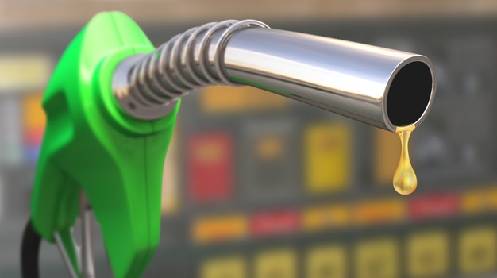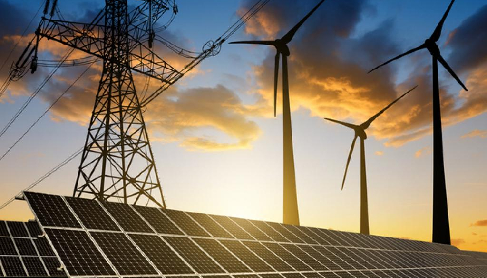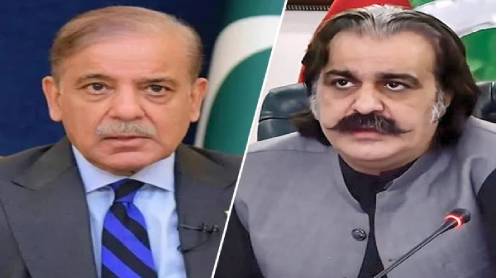ISLAMABAD: Petroleum prices are expected to drop for the third consecutive fortnight with a reduction of Rs5-18 per litre for diesel and petrol, respectively, later this week, mainly due to exchange rate gains.
Official sources told Dawn that the price of High-Speed Diesel (HSD) is likely to decrease by about Rs5-6 per litre, falling to less than Rs300 per litre, unless the caretaker government further increases the petroleum levy. On the other hand, petrol would be cheaper by about Rs18 per litre.
This is mainly due to the rupee’s gain of about Rs3 against the dollar over the last fortnight, while the average price of diesel has dropped by about $1.3 per barrel and that of petrol has increased by about $3.5 per barrel.
The sources said the price drop offered an opportunity to the government to raise the petroleum levy (PL) on HSD to the maximum permissible limit of Rs60 per litre from Rs55 at present, although the revenue collections had been better than the targets so far.
Rs18 per litre cut on petrol expected, diesel may fall below Rs300 per litre
The PL on petrol is already at Rs60 per litre peak. The government has to charge about Rs869bn in PL on petroleum products during the current fiscal year under the budget target and commitments made with the International Monetary Fund (IMF).
The total PL collection had already crossed Rs222bn in the first quarter ending Sept 30, 2023 even though its per-litre rates had increased slowly over the period on petrol and kept almost unchanged at Rs50 per litre throughout the first quarter of the fiscal year.
Petroleum and electricity prices have been the key drivers of rising inflation rate, recorded at 31.4pc in Sept as measured by Consumer Price Index, and are expected to be reinforced by a massive hike in gas rates approved by the government last week.
Informed sources told Dawn that, based on existing tax rates and other overheads, the petrol price could decrease by Rs17-18 per litre as rupee value had improved from Rs282 to Rs279 against the dollar during the fortnight, although its price in the Middle East has increased from $88 per barrel to $91 that had been partly offset by a reduction in premiums paid by Pakistan State Oil (PSO) to secure import cargos. That would bring down the petrol rates to less than Rs270 per litre.
The calculation is based on actual costs in the first 12 days of the current fortnight and estimates for the rest.
On the other hand, HSD price could decrease by about Rs5-6 per litre if the government decides to maintain the PL at Rs55 per litre. However, given the price drop, the Ministry of Finance may tend to increasing the PL by Rs5 per litre. In that case, the HSD price could be kept unchanged. Unlike petrol, the HSD price in the international market has dropped by about a dollar per barrel to $113 from $114 in last two weeks.
Therefore, if the government decides to maintain the PL rate, the estimated HSD price would be around Rs296-98.
This will be third time in a row that the caretaker government would be reducing petroleum prices after three consecutive increases. Between Aug 15 and Sept 15, the petrol and high speed diesel prices had increased by Rs58.43 and Rs55.83 per litre, respectively, to a historic Rs331-333 per litre at retail stage until Sept 30.
The rates for petrol and diesel were then reduced by Rs52 and Rs26 per litre, respectively, in two cuts with effect from Oct 1 and 16.
Currently, the government charges about Rs80 per litre in tax on petrol and Rs77 per litre on HSD. While the general sales tax (GST) is zero on all petroleum products, the government imposes a Rs60 per litre petroleum development levy (PDL) on petrol and Rs55 per litre on HSD.
Additionally, it charges Rs50 per litre for high octane blending component and 95RON petrol. The government also imposes custom duties of about Rs19-21 per litre on petrol and HSD. Petrol and HSD are the major revenue generators, with monthly sales of about 700,000-800,000 tonnes compared to just 10,000 tonnes of monthly demand for kerosene.





